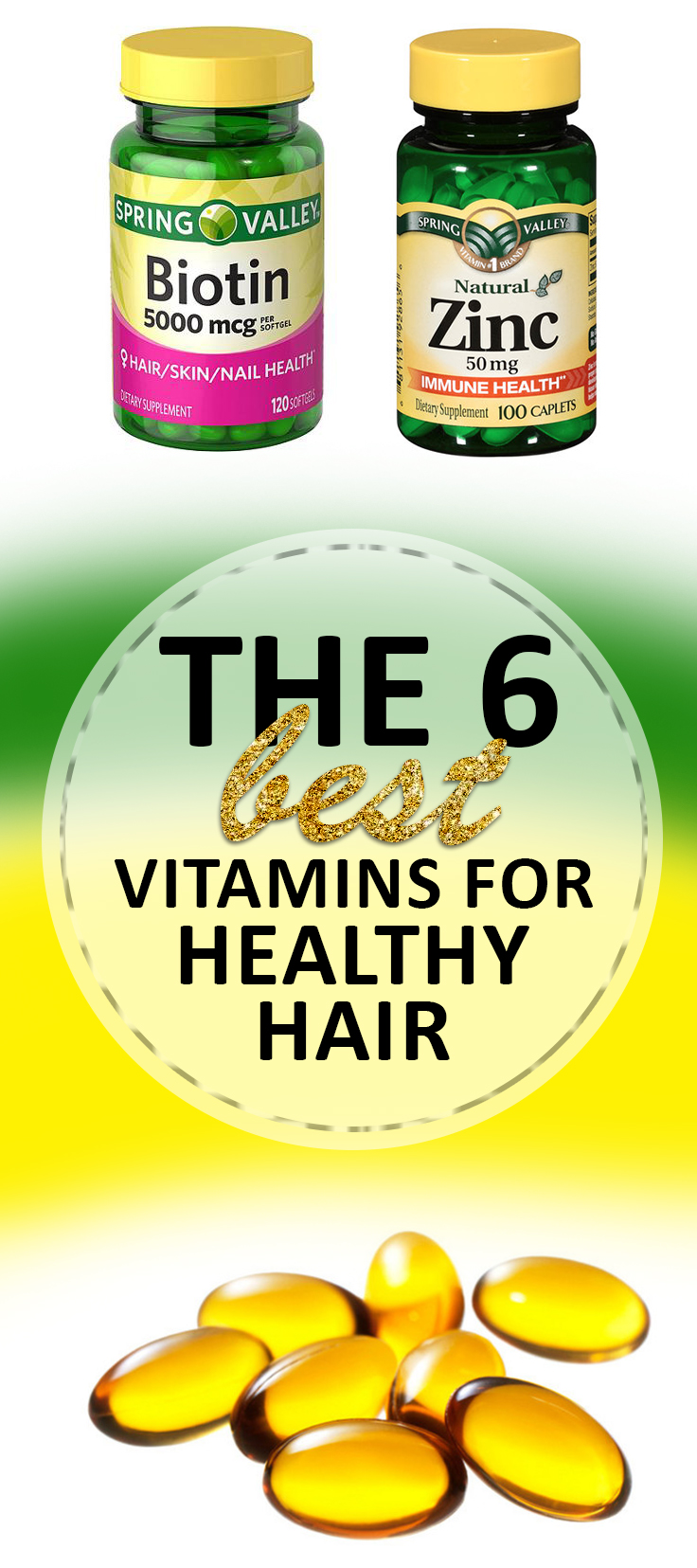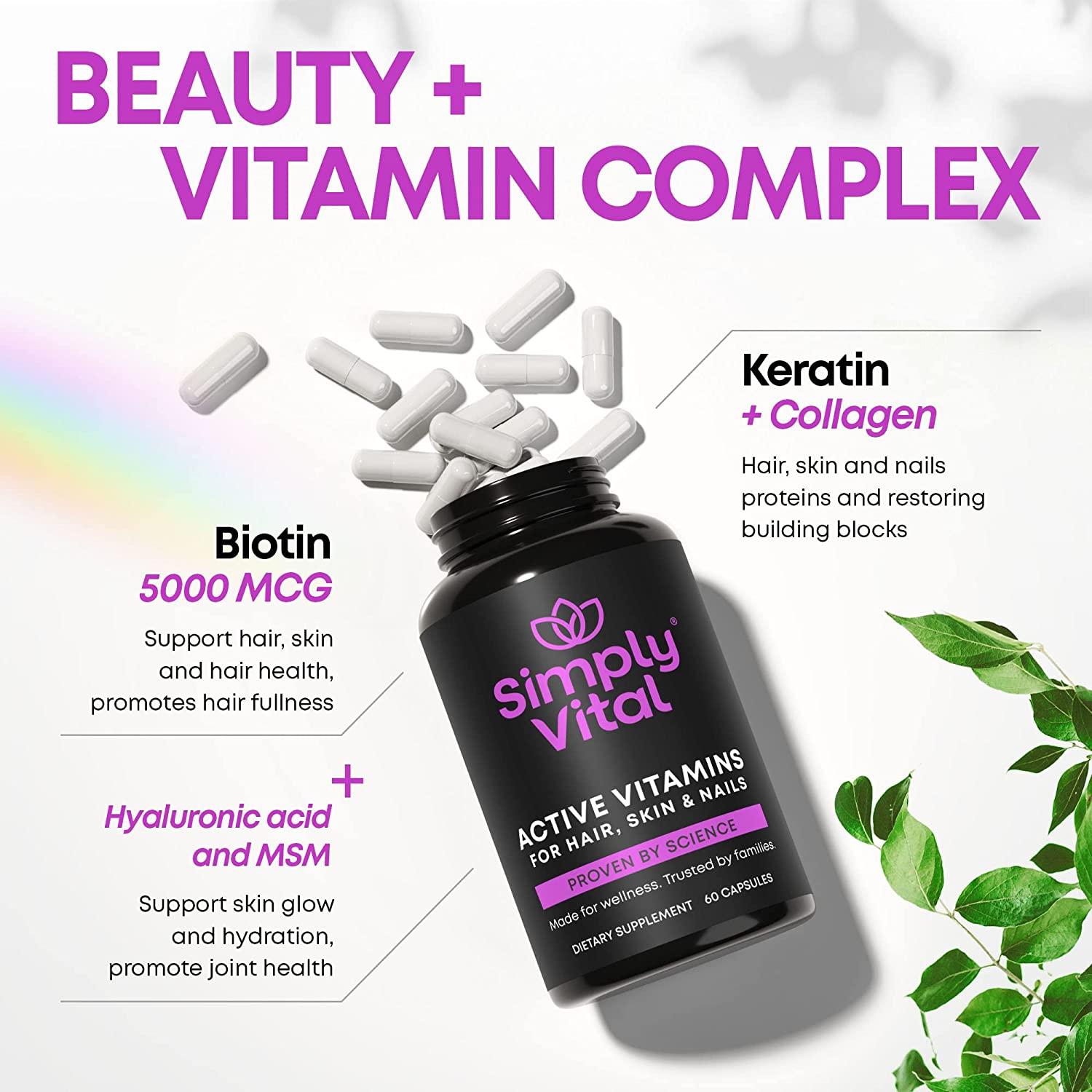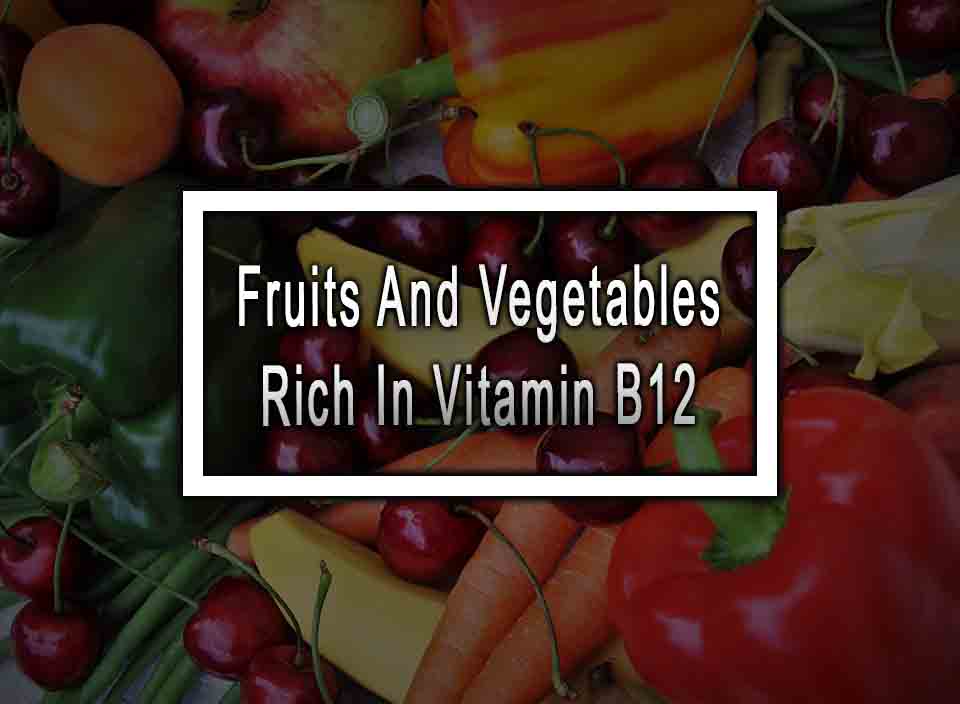The Best Vitamins for Strong, Healthy Hair
Dreaming of luscious, strong, and vibrant hair? At hairy.cartlab.web.id, we understand the desire for healthy, beautiful hair. Many factors contribute to hair health, but a crucial element often overlooked is proper nutrition. The vitamins and minerals we consume directly impact the strength, growth, and overall appearance of our hair. This comprehensive guide will delve into the best vitamins for strong, healthy hair, explaining their roles and how to incorporate them into your diet for optimal results. We’ll explore the science behind hair growth and the nutritional building blocks necessary to achieve your hair goals.
Hair health is a complex interplay of genetics, lifestyle, and nutrition. While genetics play a significant role, we can significantly influence hair health through conscious choices. This includes managing stress levels, protecting hair from environmental damage (like sun exposure), and, critically, ensuring we’re getting the right nutrients. By understanding the specific vitamins and minerals that contribute to strong, healthy hair, we can take proactive steps towards achieving our hair aspirations. This article will provide a detailed roadmap to help you nourish your hair from the inside out.
This guide will go beyond simply listing vitamins. We’ll explore the mechanisms by which these nutrients support hair health, address common deficiencies, and suggest practical ways to incorporate them into your daily routine. Whether you’re battling hair loss, aiming for faster growth, or simply want to improve the overall shine and strength of your hair, this information will empower you to make informed decisions about your hair care regimen.

Biotin: The Hair Growth Superstar

Biotin, also known as vitamin B7, is widely recognized as a crucial nutrient for healthy hair growth. It plays a vital role in the production of keratin, a protein that forms the structural building block of hair. A biotin deficiency can lead to brittle, thin, and slow-growing hair. While rare, biotin deficiency can manifest as hair loss, particularly in women.
-
How Biotin Works: Biotin assists in the metabolism of fatty acids and amino acids, both essential components for healthy hair follicles. It helps to convert nutrients into energy that fuels hair growth.
-
Sources of Biotin: Biotin is found in a variety of foods, including eggs, nuts, seeds, sweet potatoes, and salmon. Many people also opt for biotin supplements to ensure adequate intake.
-
Signs of Biotin Deficiency: Beyond hair loss, symptoms can include skin rashes, brittle nails, and fatigue. If you suspect a deficiency, consult a doctor for testing and advice. Don’t self-diagnose or self-treat.
Vitamin D: The Sunshine Vitamin for Hair Health

While primarily known for its role in bone health and immune function, Vitamin D also plays a significant role in hair follicle cycling. Studies suggest a link between Vitamin D deficiency and hair loss. Maintaining adequate Vitamin D levels may promote healthier hair growth and reduce shedding.
-
How Vitamin D Works: Vitamin D influences the hair follicle’s growth cycle and helps regulate the immune response, which can impact hair health. It’s believed to improve the functionality of hair follicles.
-
Sources of Vitamin D: The best source is sunlight exposure. However, dietary sources include fatty fish (salmon, tuna), egg yolks, and fortified foods like milk and cereals. Supplementation is often recommended, especially in individuals with limited sun exposure.
-
Signs of Vitamin D Deficiency: Symptoms can include fatigue, muscle weakness, and mood changes, along with hair loss. Blood tests can accurately determine Vitamin D levels.
Vitamin A: The Antioxidant Powerhouse for Hair Strength

Vitamin A is a fat-soluble vitamin crucial for cell growth and development, including hair follicles. It acts as an antioxidant, protecting hair follicles from damage caused by free radicals. A deficiency can lead to dry, brittle hair and even hair loss.
-
How Vitamin A Works: Vitamin A supports the production of sebum, a natural oil that keeps hair moisturized and healthy. It also helps regulate the hair growth cycle.
-
Sources of Vitamin A: Good sources include sweet potatoes, carrots, spinach, kale, and liver. It’s important to consume Vitamin A in moderation, as excessive intake can be harmful.
-
Signs of Vitamin A Deficiency: Symptoms include dry skin, night blindness, and impaired immune function, in addition to hair problems.
Vitamin E: The Protector Against Hair Damage

Vitamin E is another powerful antioxidant that protects hair from damage caused by free radicals and environmental stressors. It helps improve blood circulation to the scalp, which is essential for nourishing hair follicles.
-
How Vitamin E Works: Vitamin E neutralizes free radicals that can damage hair follicles, leading to hair breakage and thinning. It also helps maintain scalp health.
-
Sources of Vitamin E: Excellent sources include almonds, sunflower seeds, spinach, and avocado.
-
Signs of Vitamin E Deficiency: While rare, deficiency can lead to various health problems, including nerve damage and impaired immune function, potentially impacting hair health indirectly.
Iron: Essential for Hair Growth and Oxygenation

Iron is a vital mineral responsible for carrying oxygen throughout the body. A deficiency can lead to anemia, which is often associated with hair loss. Iron is essential for healthy hair growth as it supports the production of hemoglobin, which carries oxygen to the hair follicles.
-
How Iron Works: Iron ensures that hair follicles receive adequate oxygen and nutrients, which are crucial for hair growth and strength.
-
Sources of Iron: Red meat, spinach, lentils, and beans are excellent sources of iron. Note that iron absorption can be improved by consuming vitamin C-rich foods alongside iron-rich foods.
-
Signs of Iron Deficiency: Fatigue, weakness, shortness of breath, and pale skin are common symptoms of iron deficiency anemia, which can also manifest as hair loss. A blood test is necessary for diagnosis.
For those seeking the best hairstyles to complement their healthy hair, check out our guide on “The Best 10 Hairstyles for Oval Face Shapes” at hairy.cartlab.web.id/the-best-10-hairstyles-for-oval-face-shapes. If you’re considering a change of color, be sure to browse “The Best Blonde Shades for 2024” at hairy.cartlab.web.id/the-best-blonde-shades-for-2024. And for those with longer locks, “The Best Long Hairstyles for a Timeless Look” at hairy.cartlab.web.id/the-best-long-hairstyles-for-a-timeless-look might inspire your next style.
Conclusion
Achieving the best vitamins for strong, healthy hair involves a holistic approach that includes a balanced diet rich in the vitamins and minerals discussed above. While supplements can be helpful, a well-rounded diet remains the cornerstone of healthy hair. Remember to consult with a healthcare professional or registered dietitian to determine if you have any deficiencies and to discuss the best approach for your individual needs. For more detailed information and personalized recommendations, visit our dedicated page on The Best Vitamins for Strong, Healthy Hair at hairy.cartlab.web.id/the-best-vitamins-for-strong-healthy-hair. Remember, healthy hair is a reflection of overall well-being!
External Authority Links:
- National Institutes of Health (NIH) information on Biotin
- American Academy of Dermatology (AAD) information on hair loss
- Mayo Clinic information on Vitamin D
(Note: Please replace the bracketed placeholders with actual image URLs and relevant links from the provided websites.)





Comments